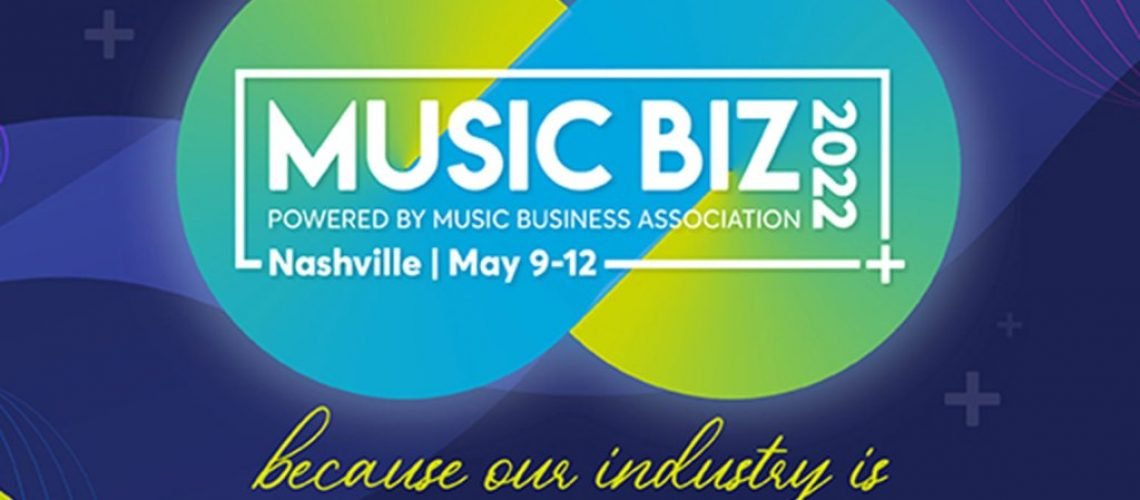For the first time since the onset of the pandemic, the Music Biz conference happened in person in Nashville this month, bringing together industry figures from across the globe to banter about the various topics facing the business after two years of relying on tech and streaming to connect an increasingly-fractured landscape.
One conversation that seemed to permeate both panels and interpersonal conversations at the convention was the expanding role of artists in their own marketing and release strategy, whether they are signed to a major or not. During panels like “The Future of the Artist Deal” and “Navigating New Strategies,” speakers waxed near-philosophical on the improved standing of artists in advocating on their own behalf, while also examining the pitfalls that come from this more hands-off approach.
Even in conversations had on the convention floor, most people — from artists themselves, to managers, to A&R reps, to DSP providers — seemed to be excited about the prospect of power being placed back into the hands of those creating music for themselves. But some offered a more skeptical outlook, wondering whether or not this newly-minted status of importance for artists was a bonafide change sweeping through the industry, or yet another trend that would fall by the wayside.
But a larger throughline seemed to be about what’s coming next from a digital standpoint, and how the industry can position itself to take advantage of it. (Just don’t pretend to know what’s going to happen with the vinyl industry — no one knows for sure, and those who say they do are lying.) Several conversations revolved around the buzzwords of the day — NFTs, the metaverse, web3 — but one digital marketing executive was able to put spatial audio, another recent breathless industry topic, into focus from a consumer perspective.
“Think about yourself in a video game and you can feel the sounds around you, or you’re in a concert and you can hear it all around you,” this person said. “That’s what we’re preparing for. The labels know it’s not just about the physical experience, which is what we know. It’s also about the metaverse experience, which we don’t know.” There’s a whole generation of kids growing up right now who want to listen to music in spatial audio because of video games, said the person, who added of the emerging space: “I want to work there.”
If the metaverse has any advantage over streaming platforms, it’s licensing. As one insider explained, metaverse companies don’t have to — and don’t want to — license entire catalogs from rights holders. That eliminates a great deal of legal and financial resources streaming platforms must commit for the content that runs their businesses. Rather, the metaverse is about connecting fans with individual artists, not massive catalogs. Without the burden of licensing costs, metaverse startups have one less hurdle between them and long-term success.
Not that people have the metaverse figured out. Or NFTs. In fact, people at Music Biz were surprisingly quick to acknowledge they don’t know how these emerging products will shake out over time. Exactly how we will get from point A to point B remains to be seen. But people agreed that the metaverse and NFTs are potentially transformative for the music business — and nobody wants to get left behind. — Stephen Daw, Glenn Peoples and Dan Rys




